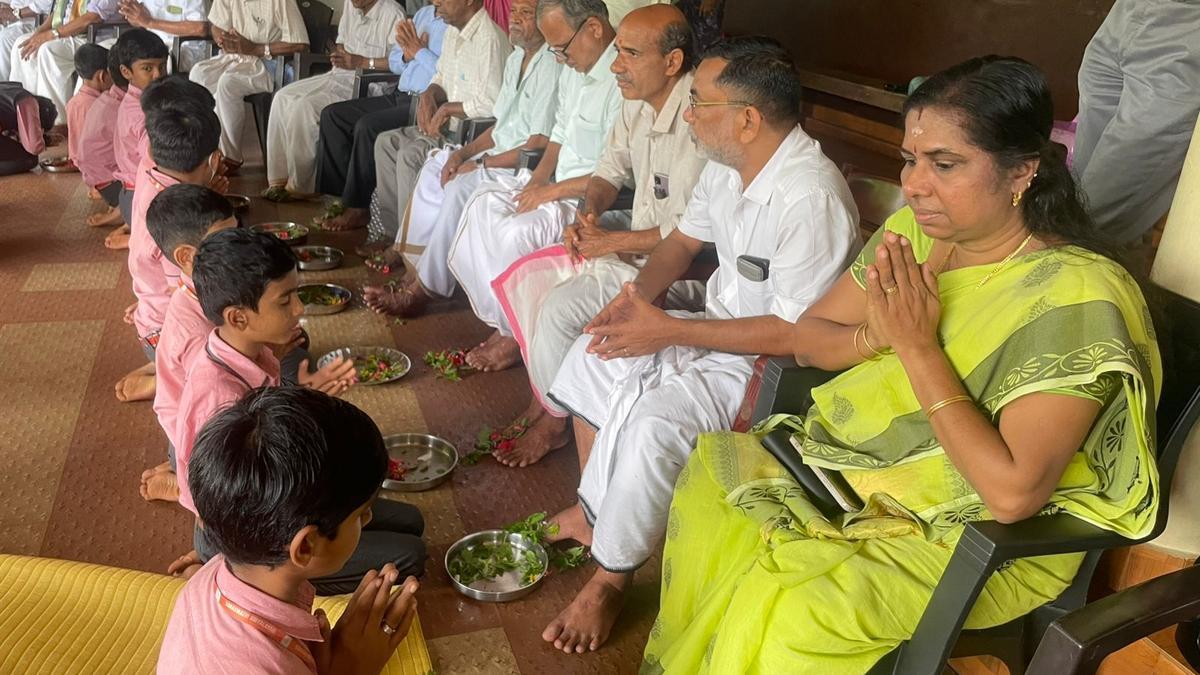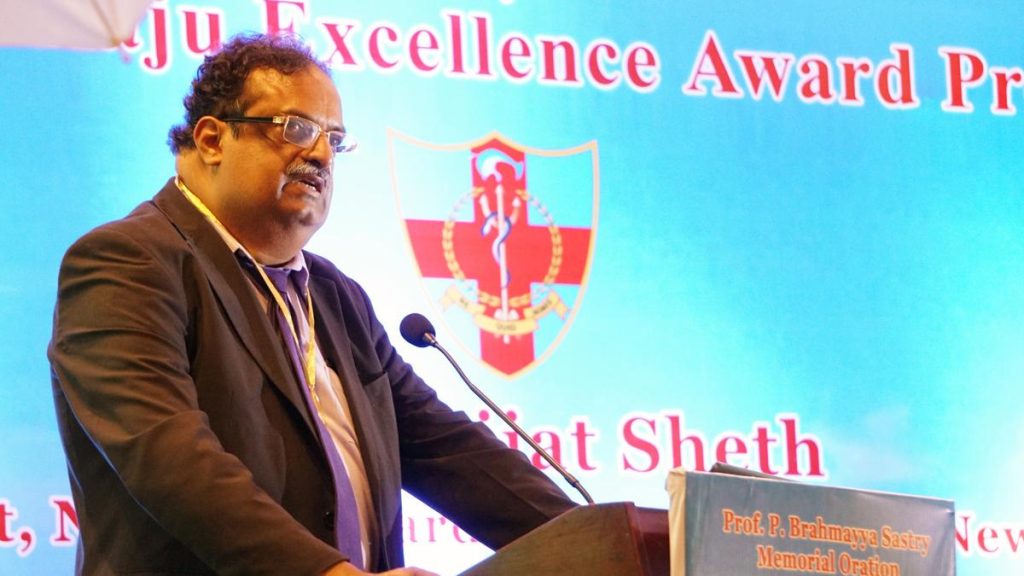Now Reading: Kerala Govt and Raj Bhavan Clash Over School Foot Worship Practice
-
01
Kerala Govt and Raj Bhavan Clash Over School Foot Worship Practice
Kerala Govt and Raj Bhavan Clash Over School Foot Worship Practice

Quick Summary
- A ‘foot worship’ ceremony or ‘Pada Puja’ was conducted in certain schools in Kerala,as part of guru Purnima celebrations.
- The rituals involved students washing the feet of teachers adn offering flowers; visuals showed a BJP leader included in one ceremony.
- Kerala’s Governor Rajendra Vishwanath Arlekar defended the ritual, referring to it as an integral part of Indian culture during a program organized by Balagokulam, an RSS-affiliated group.
- General Education Minister V. Sivankutty criticized the practice as regressive and directed the Directorate of Public Instruction (DPI) to seek explanations from schools involved.
- Social and political responses largely condemned the ceremonies, with accusations that RSS-backed practices are promoting feudalism and undermining Kerala’s secular society.
- The Communist Party of india (Marxist) alleged that RSS aims to use such rituals to implement hierarchical caste systems like chaturvarnya under a broader agenda.
- Congress leader K.C. Venugopal argued these events represent attempts to regressively reshape Kerala’s progressive ethos; he labeled the Governor’s defense shameful for modern society.
Indian Opinion Analysis
The controversy surrounding ‘pada puja’ ceremonies polarizes interpretations on cultural heritage versus societal progression in India. While some argue it reflects respect for conventional teacher-student relationships rooted in Indian values, others view it as outdated symbolism incompatible with democratic ideals and modern education systems.This divergence also highlights larger debates over culture-backed policymaking versus secular governance.
Kerala’s socio-political landscape often champions progressiveness; thus, practices perceived as feudal or exclusionary can evoke sharp criticism within it’s civic fabric. Though, balancing cultural preservation without enforcing potentially regressive behaviors remains complex for policymakers across India-not just Kerala-when traditions intersect educational spaces. How this debate unfolds could set precedents on acceptable boundaries between tradition and institutional autonomy nationwide.

























